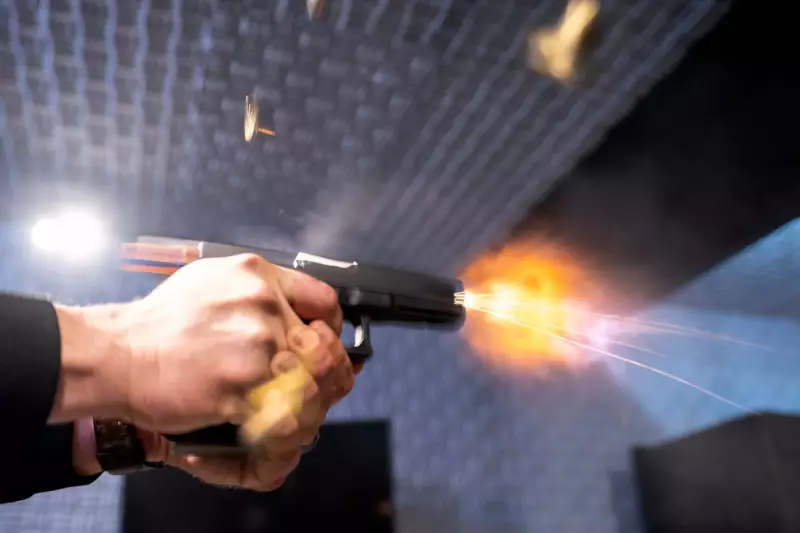
The National Rifle Association has launched a major legal offensive against the state of California, filing a federal lawsuit that challenges the state's recent ban on so-called 'gun switches' in what promises to be a landmark Second Amendment battle.
Constitutional Showdown Over Firearm Accessories
The lawsuit, filed in federal court, targets California's Assembly Bill 2571, which prohibits devices that can increase a firearm's rate of fire. The NRA argues the legislation violates constitutional protections and could potentially criminalise common firearm components used by law-abiding citizens.
This legal confrontation represents the latest chapter in the ongoing national debate over gun control measures, pitting one of America's most powerful gun rights organisations against a state known for implementing some of the country's strictest firearm regulations.
What Are 'Gun Switches' and Why the Controversy?
The term 'gun switches' refers to various devices and modifications that can alter a firearm's firing mechanism. While the legislation aims to target accessories that enable fully automatic fire, the NRA contends the law's language is dangerously broad and could encompass numerous common firearm parts.
California authorities defend the measure as a necessary step to address public safety concerns, particularly regarding devices that can convert semi-automatic weapons into fully automatic firearms.
Legal Arguments and Constitutional Questions
The NRA's legal team asserts that the California law infringes upon Second Amendment rights by banning accessories that have legitimate sporting and self-defence applications. The organisation claims the legislation could affect millions of responsible gun owners who use various accessories for recreational shooting and personal protection.
This case is being closely watched by legal experts and gun rights advocates nationwide, as its outcome could set significant precedents for how courts interpret the scope of Second Amendment protections in relation to firearm accessories and modifications.
Broader Implications for Gun Legislation
The lawsuit emerges against a backdrop of increasing political tension surrounding gun control measures across the United States. Several states have considered or implemented similar restrictions, making the California case potentially influential for future legislative efforts and legal challenges.
Legal analysts suggest this case could eventually reach higher courts, possibly even the Supreme Court, given the fundamental constitutional questions at stake regarding the boundaries of gun regulation and individual rights.
As both sides prepare for a protracted legal battle, the outcome of this case may reshape the landscape of gun rights and regulations not just in California, but potentially across the entire United States.





